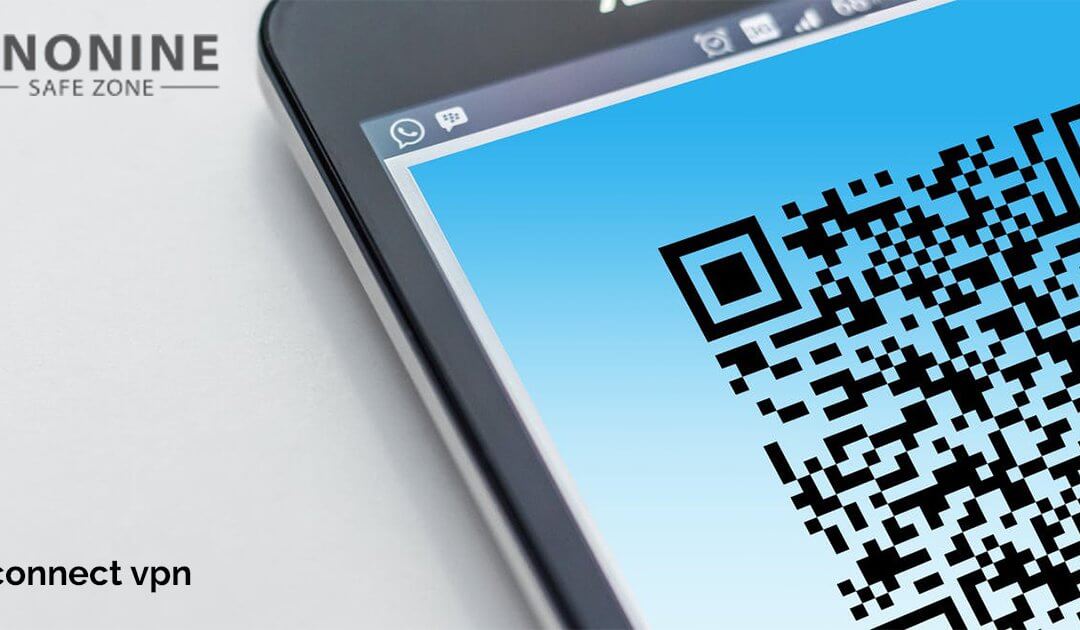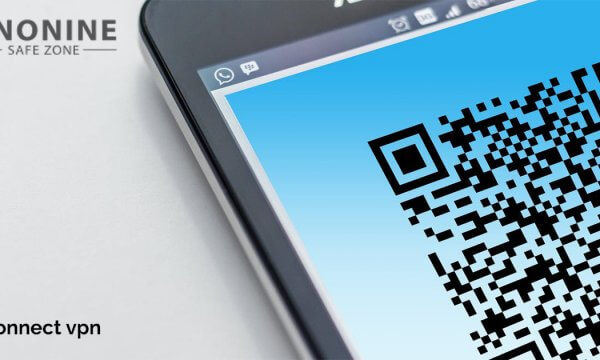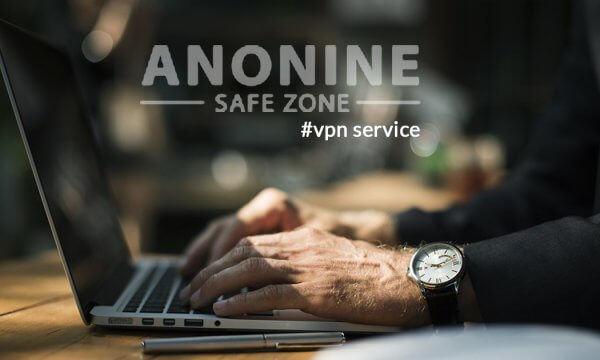Reputation is what defines who you are, what you have established in terms of individuality or the business you are in. The whole being of you or your business and what you have showed, or shared and posted online or how you work, what you portray as a person or the services you do as a business will be the basis of people’s judgment. And nowadays mostly people will search first on the net and it will be very easy for them to know about you by looking at the feedback you receive and what people says about you which we hope would be always positive. They do this as a first step most of the time before jumping into maybe a business with you or get close to you as a person or before hiring you for a job or maybe as landlord to know the renters or a prospective renters searching about the landlord and its property.
But what if they posted negative feedback about you online, or if someone imitates you, a poser, like a black propaganda or marketing strategy for your business or just someone who wants to humiliate you, what are you going to do about it? How are you going to monitor your reputation online?
Here are some of the ways to monitor your online reputation:
A. Google yourself. Sign-out from your Google account and search for the possible names that people will use to search you. Google your name every day, if not every day then at least once a week.
Here is how to manage your Google Personal Data Alert:
- Go to Google Alert.
- Sign in with your Gmail Account, or if you don’t have then you can fill out the form on Google Alert for a start.
- Click on “plus signs” beside your name or email address under “me on the web” to create alerts about your data, or you can simply type the name you think is mostly used to search on you. You may also add address, or phone numbers to the alerts and you may also want to include keyword phrases related to your brand or business and your niche. Just separate keywords with comma.
- By clicking the settings button, you can customized the delivery time of your alerts, how often it will be delivered, your email address is in default if you have gmail account or you can receive them via RSS or another e-mail account as your delivery address
- Hit the “Save” button.
B. “Me on the Web” tool. This is a tool provided by Google for free. It alerts you anytime your personal information like name, e-mail, physical address, phone number or whatever other string of information appears online to a website scanned by Google. It will you know if someone is impersonating you online or threatens you, or discredit your character online.
C. Good Content. Whatever we put or shared online is already recorded forever. Having said that, a good content is your responsibility. Whatever we share about ourselves or the business we are running can be a tool to someone with a positive (hopefully all the time) intent or a negative one that can harm us.
D. Get a Reputation Monitoring Services Online. Aside from Google, we can use other platforms that can help us in monitoring our reputation online.
And if someone does posted unwanted content about you or threatens you, what are you going to do?
Here’s is a list to remove those bad reviews or any harmful content about you:
- Analyze the root of the unwanted content. You can remove personal social media posts, photos and personal data, or you can at least change privacy settings so they don’t come up when your name is Googled.
- You will have to manually change the settings of your accounts to protect your content.
- Update your site and put something new, update content more often to rank highly on the Google Search engine.
- Contact data brokers to remove your information out of the web.
- Contact the webmaster of the offending site to request a content take down from Google search results.
- You can send a legal request to Google to have it removed if webmaster didn’t take it down.
We should remember that our reputation is always under our responsibility. What we post or share online will lasts forever and will be a part of our permanent reputation. That is why it is always important to keep your privacy protected, be aware and cautious of services that sell your personal information, and remove your data from people-search sites. Be vigilant all the time in using the internet.





As the professor said various times. The democrats shouldn’t worry. The electoral college favors Democrats. So why worry about Trump at all, whether he keeps or not his pledge?